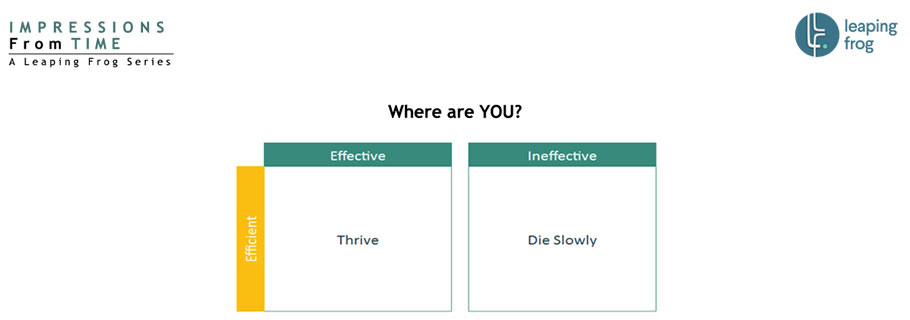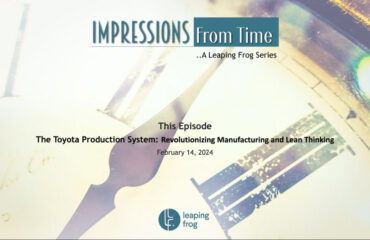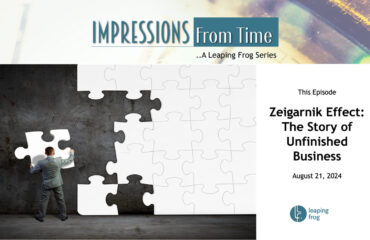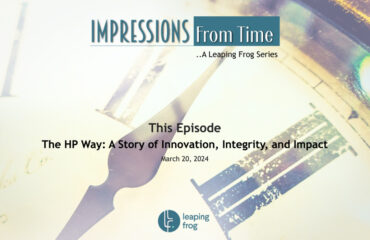
Picture Credit: https://www.edrawsoft.com/efficiency-effectiveness-matrix-templates.html
Lessons from Netflix vs Blockbuster: Efficiency vs Effectiveness
Learn key business lessons from the rivalry Netflix vs Blockbuster, focusing on the crucial balance between efficiency & effectiveness for long-term success. In business, two fundamental principles often come into play: efficiency and effectiveness. They shape how organisations operate, make decisions, and ultimately determine their success. To better understand these concepts, let’s look at these two examples.
The early 2000s witnessed an epic battle between two entertainment industry giants: Netflix and Blockbuster. Their rivalry exemplifies the crucial distinction between efficiency and effectiveness.
Blockbuster’s Efficiency Focus:
Blockbuster, a dominant player in the video rental industry, was known for its efficiency in delivering physical DVDs. With thousands of brick-and-mortar stores nationwide, Blockbuster provided quick access to movies and video games. Their model was built on the rapid distribution of physical entertainment.
However, Blockbuster’s efficiency-focused approach became a stumbling block when digital streaming technology emerged. They were slow to adapt, sticking to their existing model and optimising operations to reduce costs. While this made sense in the short term, it failed to anticipate the shift in consumer behaviour towards digital streaming.
Netflix’s Effectiveness-Driven Innovation:
In contrast, Netflix recognised the changing landscape and embraced an effectiveness-driven strategy. They introduced a subscription-based streaming service, allowing customers to access movies and TV shows online. Netflix heavily invested in technology, content creation, and user experience.
Initially, this approach seemed less efficient than Blockbuster’s model. Streaming required significant investments in infrastructure and content licensing. However, Netflix prioritised providing customers with an extensive content library available anytime, anywhere. They used data analytics to personalise recommendations, ensuring an effective user experience.
Over time, Blockbuster’s efficiency-driven approach led to its downfall. By 2010, Blockbuster filed for bankruptcy, while Netflix had become a global streaming giant. Netflix’s commitment to effectiveness, innovation, and adapting to changing consumer preferences allowed it to disrupt the traditional video rental industry and thrive in the digital age.
This corporate showdown highlights the importance of agility, innovation, and effectiveness in a rapidly evolving market, even if it means sacrificing short-term efficiency for long-term gains.
To better understand efficiency and effectiveness, let’s look at these two scenarios
Scenario 1: The Manufacturing Company
Imagine a company that manufactures smartphones. To boost efficiency, they implement a new assembly line process that reduces the time required to assemble each phone by 30%. As a result, they can produce more phones in less time, leading to significant cost savings.
In this scenario, the organisation’s primary focus is on efficiency. They optimise their production processes, minimise the time and resources needed for each phone, and achieve cost savings and increased output. This aligns perfectly with the essence of efficiency: doing things right, minimizing waste, and maximizing output with minimal input.
Scenario 2: The Software Company’s Marketing Department
Consider a software company’s marketing department tasked with increasing sales of a new software product. Instead of immediately launching a broad advertising campaign, they embark on thorough market research. Their goal is to understand their target audience’s specific preferences and pain points. Armed with this knowledge, they develop a highly targeted marketing strategy tailored to address potential customers’ unique needs and desires.
In this scenario, the organisation prioritises effectiveness. They align their marketing efforts precisely with the needs and preferences of their target audience. This approach is more likely to yield increased sales because it focuses on doing the right things to achieve the goal of selling the software product effectively.
In the world of organisations, efficiency and effectiveness are two distinct yet interconnected concepts:
Efficiency is about doing things right, in the best way possible, minimising waste (time, resources, effort) and maximising output or results with the least input.
Effectiveness is about doing the right things focusing on achieving specific goals or outcomes. It’s about how well a task or process fulfils its intended purpose.
Efficiency often pertains to the “how” of doing things, emphasising optimisation and resource management. In contrast, effectiveness centres on the “what” and “why,” concentrating on aligning actions with desired goals.
The stories of Netflix and Blockbuster, along with the simulated scenarios, underscore the importance of finding the right balance between efficiency and effectiveness in organisational strategies. While efficiency can lead to immediate gains and cost savings, effectiveness ensures long-term success by aligning actions with strategic objectives.
Achieving this balance is the hallmark of organisational excellence. Successful companies understand that efficiency and effectiveness are not mutually exclusive but rather complementary. They navigate the dynamic business landscape by recognising when to optimise processes and when to tailor strategies to meet evolving customer needs.
“Impressions From Time” is a curated series from Leaping Frog, about stories from the yesteryears that have helped shape the modern-day practices in the people and organisation domain.
Leaping Frog, a new-age consulting firm, is an enabler and co-creator in enhancing people and organisational effectiveness. We love doing work in the areas of “Driving Organisational Change and Development”, “HR Systems and Talent Strategy”, and “Leadership and Life Coaching”.
Connect and share, for work and more.
Mail: comm@leapingfrog.in
Website: www.leapingfrog.in
Follow Us: https://www.linkedin.com/company/theleaping-frog/




